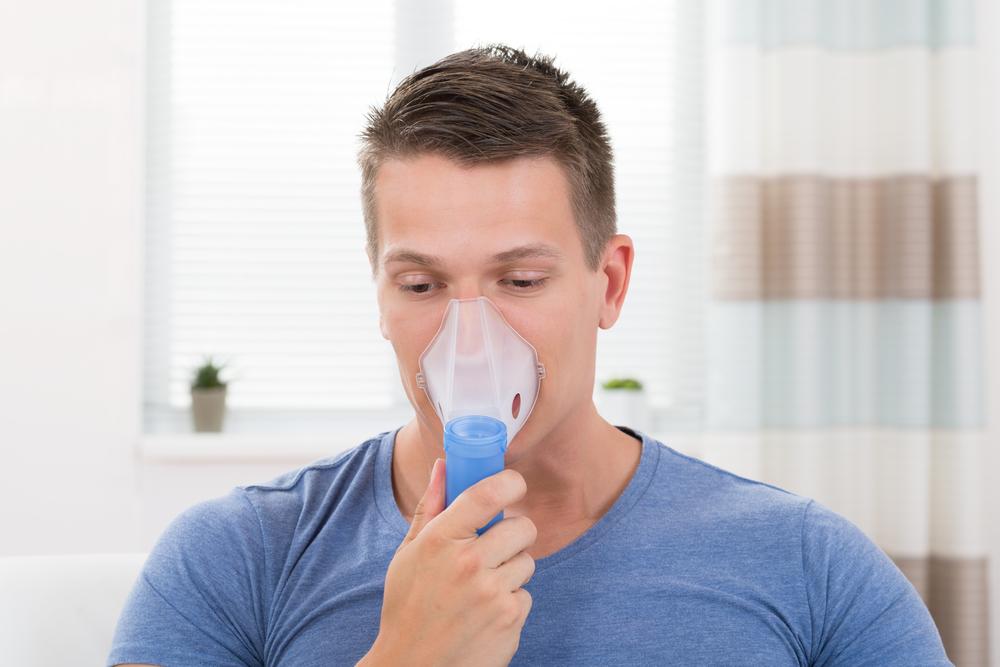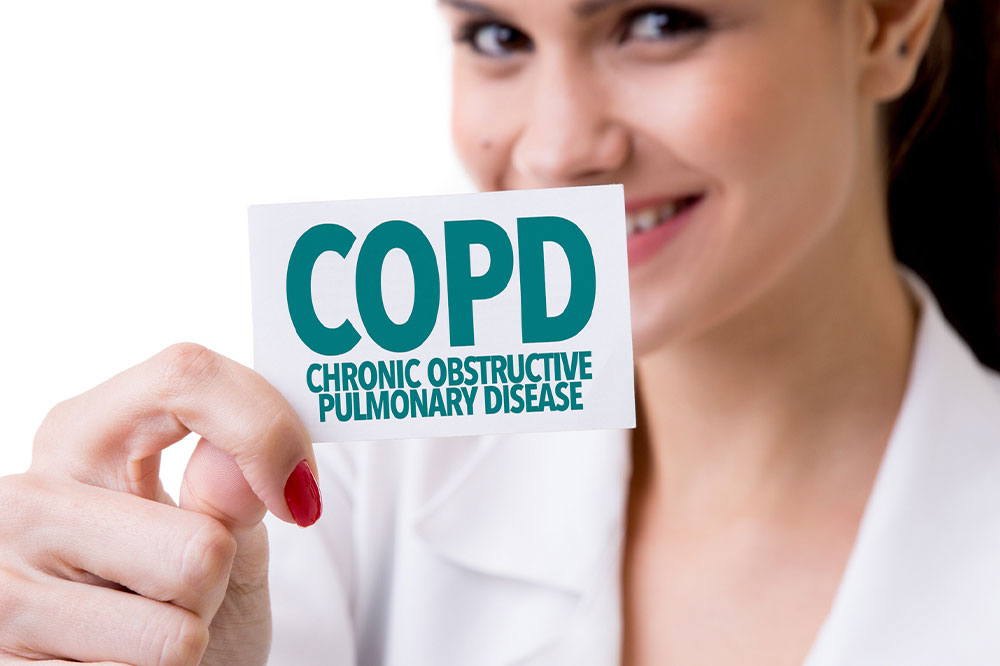Make These Changes Today to Improve Your COPD Symptoms
Some seemingly insignificant lifestyle changes can go a long way in effectively managing COPD symptoms. Here are the steps that you can take.
Chronic obstructive pulmonary disease (COPD) is a progressive lung condition that creates difficulties in breathing. This disease causes an obstruction in the airflow from your lungs, resulting in troubled breathing. In most cases, COPD is caused owing to long-term exposure to certain pollutants such as dust, chemical gases, fumes, and cigarette smoke.

If you have COPD, it increases your risk of developing other health conditions, which include heart diseases and lung cancer. However, the good news is that COPD is a treatable disease. The proper medication and treatment can enable COPD patients to manage their symptoms well and have a comfortable daily living experience.
In addition to doctor consultations and treatments, you can make some small lifestyle changes and incorporate certain habits that will go a long way in keeping your COPD symptoms under control. Here are some things that can make breathing easier for you, and reduce the discomfort caused by COPD symptoms.
Quit smoking
One of the chief causes of COPD is smoking, and if you are a smoker, kicking the habit can be an effective way of reducing your COPD symptoms. Being diagnosed with the lung condition and the manifestation of the COPD symptoms mean that your lungs have already suffered considerable damage owing to your smoking. Although this damage cannot be reversed, stopping smoking will prevent any further damage to your lungs. With time, you will notice that your COPD symptoms are reduced, and breathing is far easier than it was initially. Refraining from smoking will also benefit your overall health and help in faster healing.
Practice breathing exercises
COPD symptoms can range from being mild to quite severe among different people, but one thing common in all COPD patients is the difficulty in breathing. In some cases, even daily activities such as getting dressed or fixing something to eat can leave you short of breath. This can further lead to fatigue and weight loss. To improve your breathing, talk to an expert about learning breathing exercises. Some of the exercises that can help are pursed-lip breathing, diaphragmatic breathing, deep breathing, and aerobics. Once you learn these exercises well, you can continue practicing them as part of your daily routine.
Avoid the triggers
There are certain triggers present in the environment that can cause a flare-up of your COPD symptoms, and learning to identify and stay away from such triggers will help in keeping COPD symptoms under control. Try to avoid exposure to cigarette smoke even if you are not smoking (remember that passive smoking can affect you too), dust, fumes, irritating gases, and dust from construction sites. Also, avoid being around sick people or in extremely crowded areas as people who have COPD can find it tough to deal with common infections like the flu or a common cold. Keep your house dust free, and use an air filter, if required.
Exercise regularly
It is true that exercising may seem counterproductive when you are trying to battle COPD symptoms such as shortness of breath; but the truth is that regular exercise can help improve your overall health and boost your immune system, thus making you fit to fight COPD symptoms effectively. Getting regular exercise can also minimize your breathing troubles as it increases your stamina so that you are not tired out by simple, everyday tasks. Talk to your doctor and a physical therapist to chalk out an exercise plan for you, as what works for others may not work for you. Do not start anything on your own, as incorrect and excessive exercising can be harmful for you. Remember to start out slow, and listen to your body.
Sleep well
Sleep is a crucial factor for our overall health, but for people with COPD, sleep deficiency and disorders can make COPD symptoms worse. There are several people who battle sleep disorders like sleep apnea in addition to frustrating COPD symptoms. Getting adequate and good-quality sleep can help in preventing cardiovascular diseases, boosting your immune system, improving your mood, and reducing constant fatigue—thus fighting your COPD symptoms as well. Consult your doctor if you are experiencing sleeping troubles, and consider trying meditation, yoga, and deep breathing, to improve your quality of sleep.




